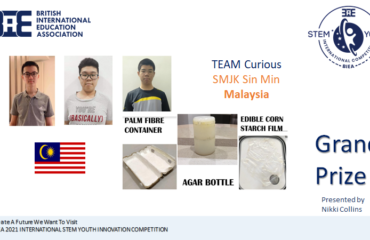With the rapid development of science and technology and the pace of globalisation, the requirements for talent in the future world are being constantly refreshed. The concept of STEM education has been around for a substantial time but it has never received the global attention as it does today. With the announcement of the final teams list of the BIEA 2019 International STEM Youth Innovation Competition the international interest in using drone and other modern technology to help preserve endangered species is obvious.
A team from the United World College in Mostar (UWCiM), Bosnia and Herzegovina qualified for the finals in the 15-17 age group. As one of the world’s leading IB schools, (offering International Baccalaureate courses), the school entered a team to help protect vultures by using drones to track, observe and understand their life paths and to help solve the problem of vultures that feed on animal carcasses spreading disease and becoming a threat to the ecosystem.
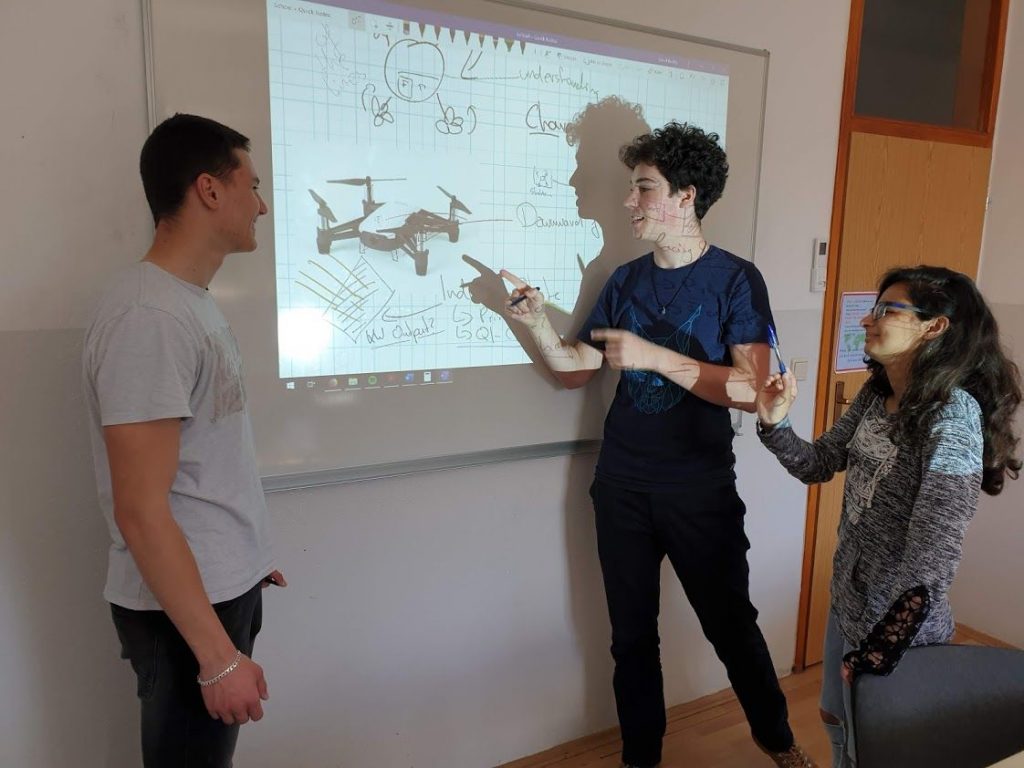
The Mostar team transformed the colour of their UAV design and chose to navigate in specific areas only after careful study of the vulture and its habits and referencing expert opinion. Their biggest problem was keeping within budget to realise their ambitions. With help from the BIEA science and technology committee and careful thought into the design of the UAV and the aims of the team a project was submitted that successfully achieved the desired aims of the team.
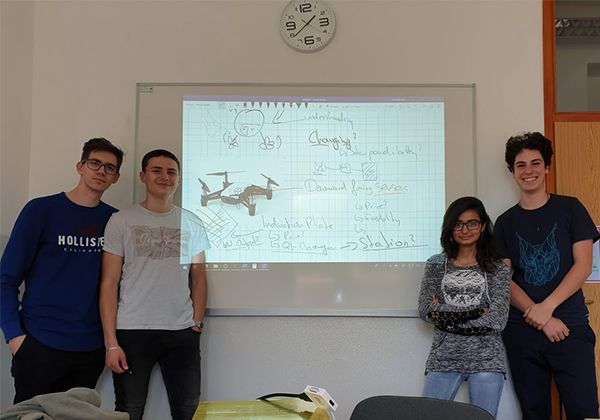
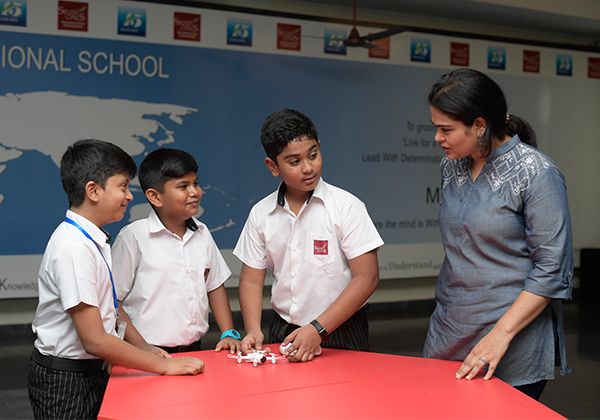
India has always been a country that invests heavily in technological development and innovation to encourage economic growth and this is reflected in their educational system. Sunitha Yernagula, Principal of Silver Oaks International School from Visakhapatnam in East India, spoke of the great excitement when the school knew that their team in the 9-11 age group had reached the BIEA competition finals. The team had decided to help Pangolins, which have been hunted for their skins to the point of extinction. The team’s proposed drone design will use programmes developed for python recognition to identify Pangolins in areas inaccessible to humans. The team leader Nagashilpa said that it would be an unforgettable experience for the team to attend the finals in London. She said that the competition provides a platform for students not only to learn technological skills but also to cultivate the idea of using that technology to facilitate animal and environmental protection.
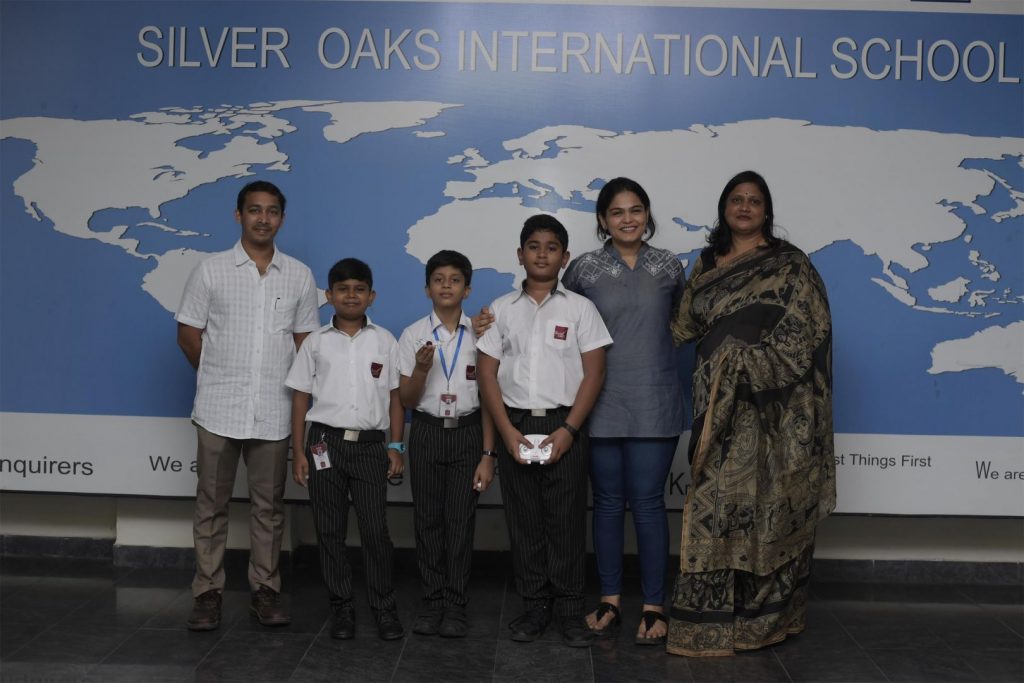
As well as India and Bosnia and Herzegovina, Sri Lanka has a commitment to science and technology education in its educational system. Gateway College in the capital Colombia has a team that has qualified in the 12-14 age group. Gateway College has a large investment in STEM education and has a specific area dedicated to technological innovation set aside at the centre of the school for that specific purpose. The team decided to help to understand Asian Elephants and developed a drone technology to help count and video their habits. A sophisticated sensor was used in their drone design.
Science and technology education is becoming increasingly important internationally and the more cross national cooperation in this field is encouraged the more it can benefit not only the environment but also the species therein including mankind.
Laura Gosset of The Born Free Foundation and partner in the BIEA International STEM Youth Innovation Competition in 2019 said that it is important for The Born Free Foundation to participate in the event to encourage wildlife conservation. Laura also said that it is a great opportunity to improve children’s science and innovative skills and raise in them an awareness of ecological protection. She also said that any event that publicises the protection of endangered animals at an international level can only be hugely helpful.

